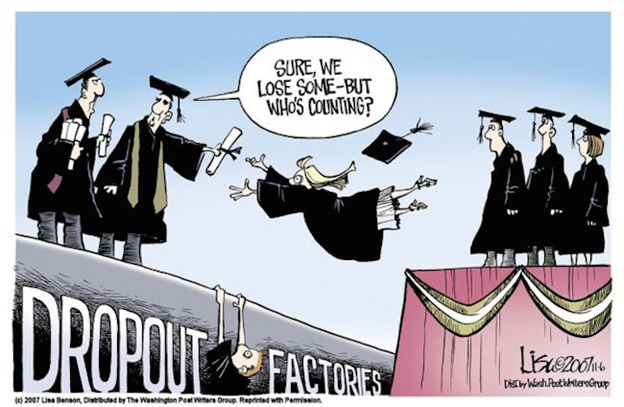

Former AFL footballer Tony Armstrong (Reporter, Ex-AFL player, Graham Kennedy Award for Most Popular New Talent at the 2022 Logie Awards) has revealed it took him several years to emotionally recover from being sacked, an experience that left him “gutted” and briefly disillusioned with the sport.
“It took me years to get over, because I was like, far out, I’ve wasted eight years of my life… You’re sold on this dream where it’s like, ‘If you work hard and try your best, it’ll work out’, and it doesn’t always work out. But with a bit more perspective now that I’m a bit older, it’s fine. And it’s fine to fail.”
It is easy to celebrate success and admire those who seem to effortlessly achieve it.
What we often don’t see and appreciate is the hard work “behind the scenes” that leads to “effortless” success or know the failures that had to be endured along the road to achievement.

For some people success comes early in life and comes easily, due to natural talent, good fortune and support. Hopefully they are able to take advantage of this as their life continues to evolve.
For others success is the result of hard work, developing the talents you have and refusing to give up. This is about developing the drive and resilience necessary to keep going until you reach your goal.

For others, success comes because they refuse to allow circumstances, setbacks and “failures” to be their final story. Sometimes this takes a lot of pain and a lot of years. → “Success is not built on success. It’s built on failure. It’s built on frustration. Sometimes it’s built on catastrophe.”

Great HSC/ATAR results are usually built on a combination of talent, hard work and support. Hopefully, this process prepares students for a life after school, as well as providing knowledge and the HSC-required skills. → Your ATAR can be a predictor of academic success at the tertiary level, but it doesn’t account for other factors that can take you far in life. It cannot illustrate the journeys many students have taken during their schooling lives, and the illness, trauma, learning difficulties, disabilities and socioeconomic barriers that they have come up against to complete Year 12 in the first place.

Success at university seems to come to those who have passion and a level of maturity that allows them to focus on their goals → One fifth of first-year university students drop out of their degrees across Australia each year.
Success at business seems to come to those who work hard and are able to deal with failure as a learning experience. → Data shows that approximately 20% of new businesses fail during the first two years of being open, 45% during the first five years, and 65% during the first 10 years.”
So, what is the lesson from this?
Here’s my take: If you ask a room full of people, “How do you define success?” you’ll hear completely different answers from every person. For some people, success is a matter of having social status, a view of the ocean, a big house and a flash car. Others find success coming from meaningful work and a fulfilling career that feeds their passion, or strong relationships with friends, family and their community.

There seems to be no objective definition of what success means since it’s so personal.
What I think matters is that we respect and value success in all its forms – the early achiever, the slow developer and the individual who gets up one more time than he/she is knocked down.
So, when we look for success, what we might look for is:
- doing your best and accepting the lessons learned from your effort;
- understanding the difference between what you need and what you want;
- accepting the reality that no one can do or be everything they wish;
- knowing that you sometimes have to say no (even when it hurts) to achieve what you want.

Schools can play a key role in helping engender a “success” attitude in students.
I believe we should:
- recognise that success has many faces and many different timetables;
- not waste the opportunity to recognise effort or only accept the “big” achievements as worthy of acclaim;
- not support an attitude that giving up when things get hard or when natural talent is no longer enough is acceptable;
- be there when support is needed by our students but not to do it all for them.


Want to share your thoughts on this story, or do you have something you’d like to add? Email me at principal@scas.nsw.edu.au

